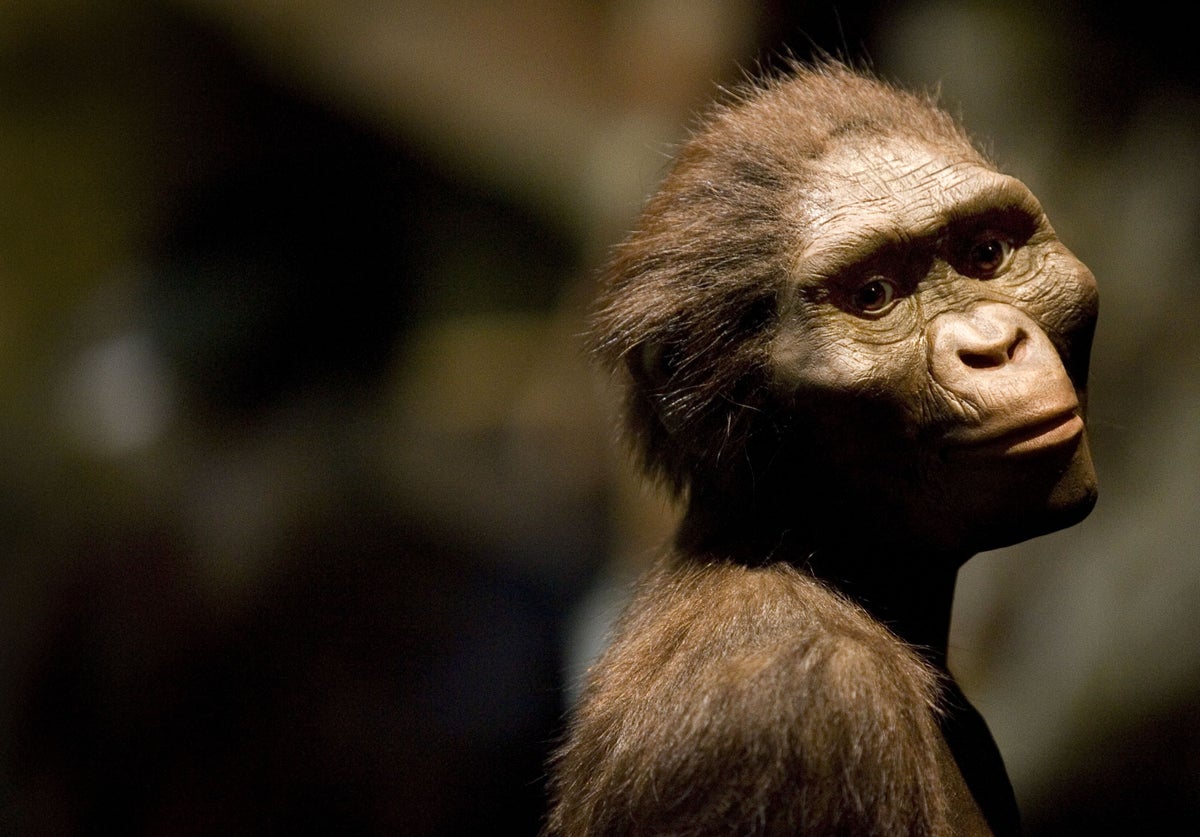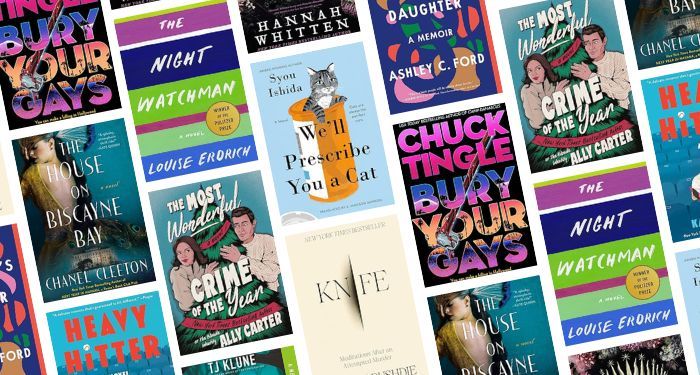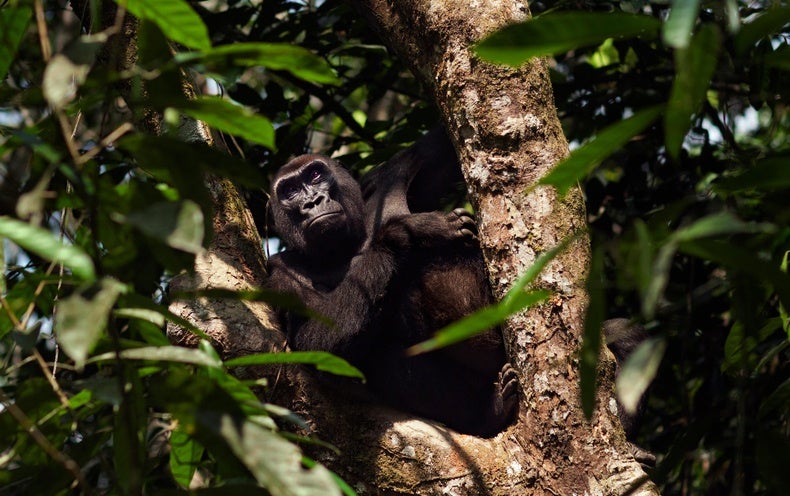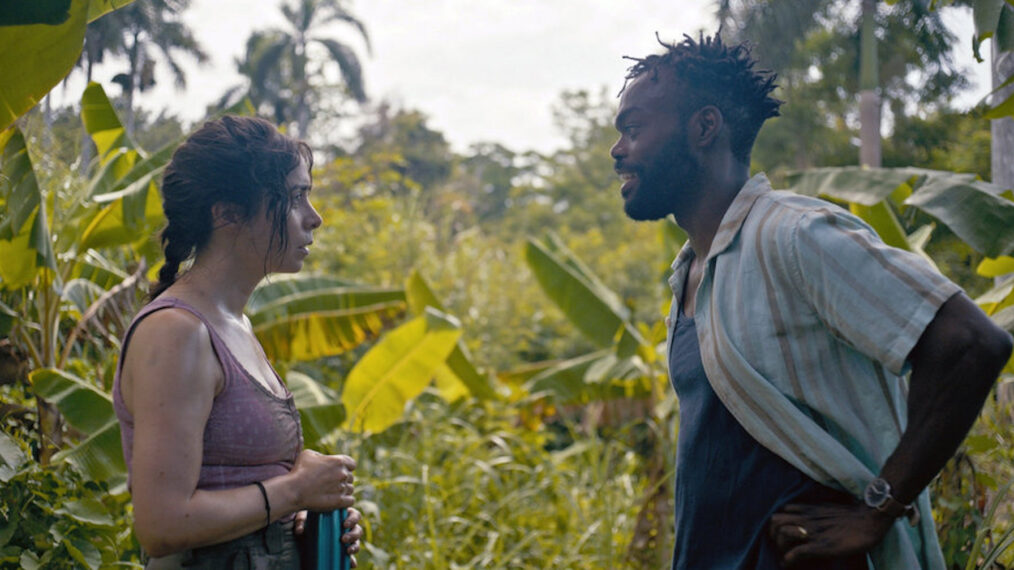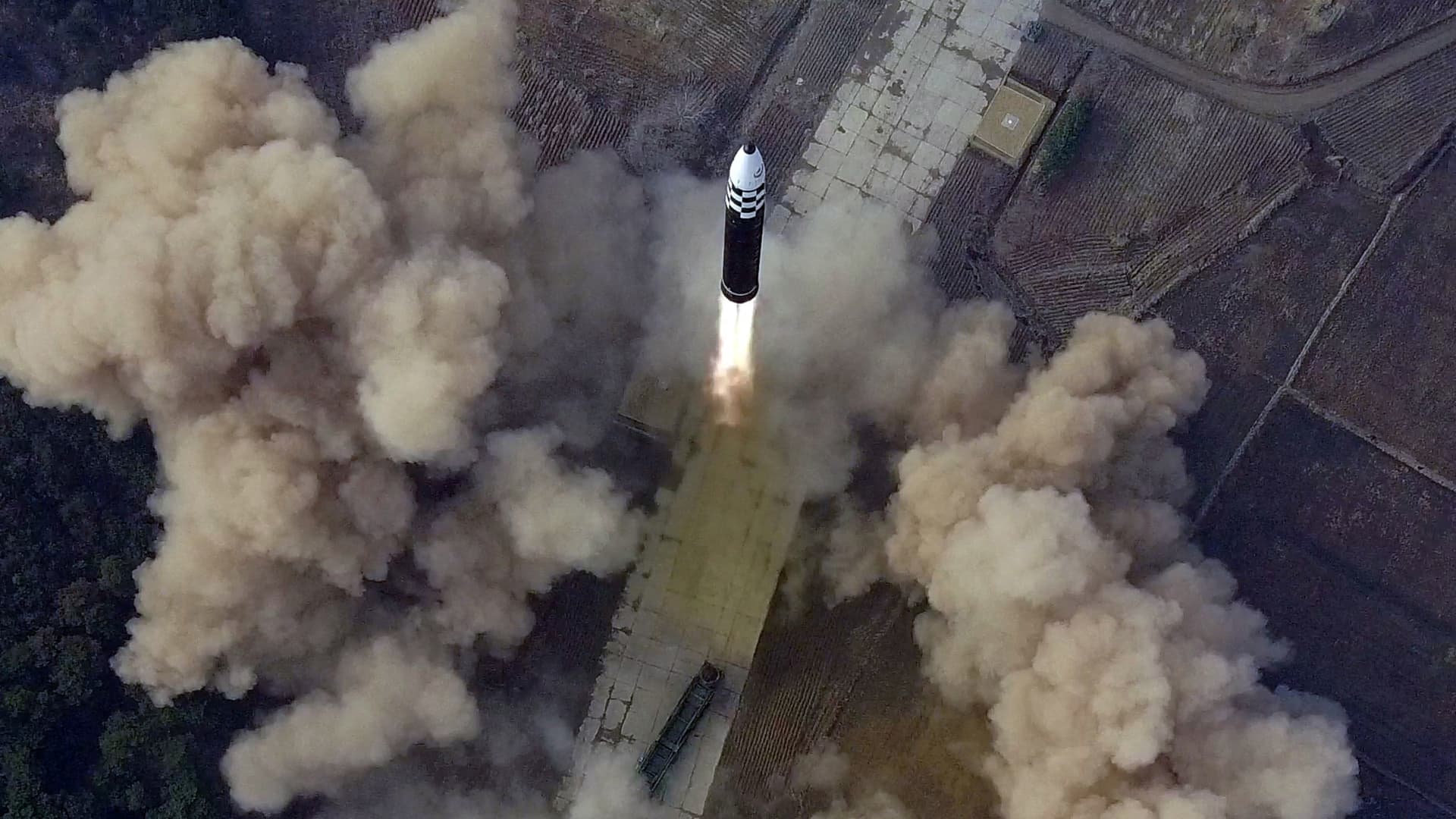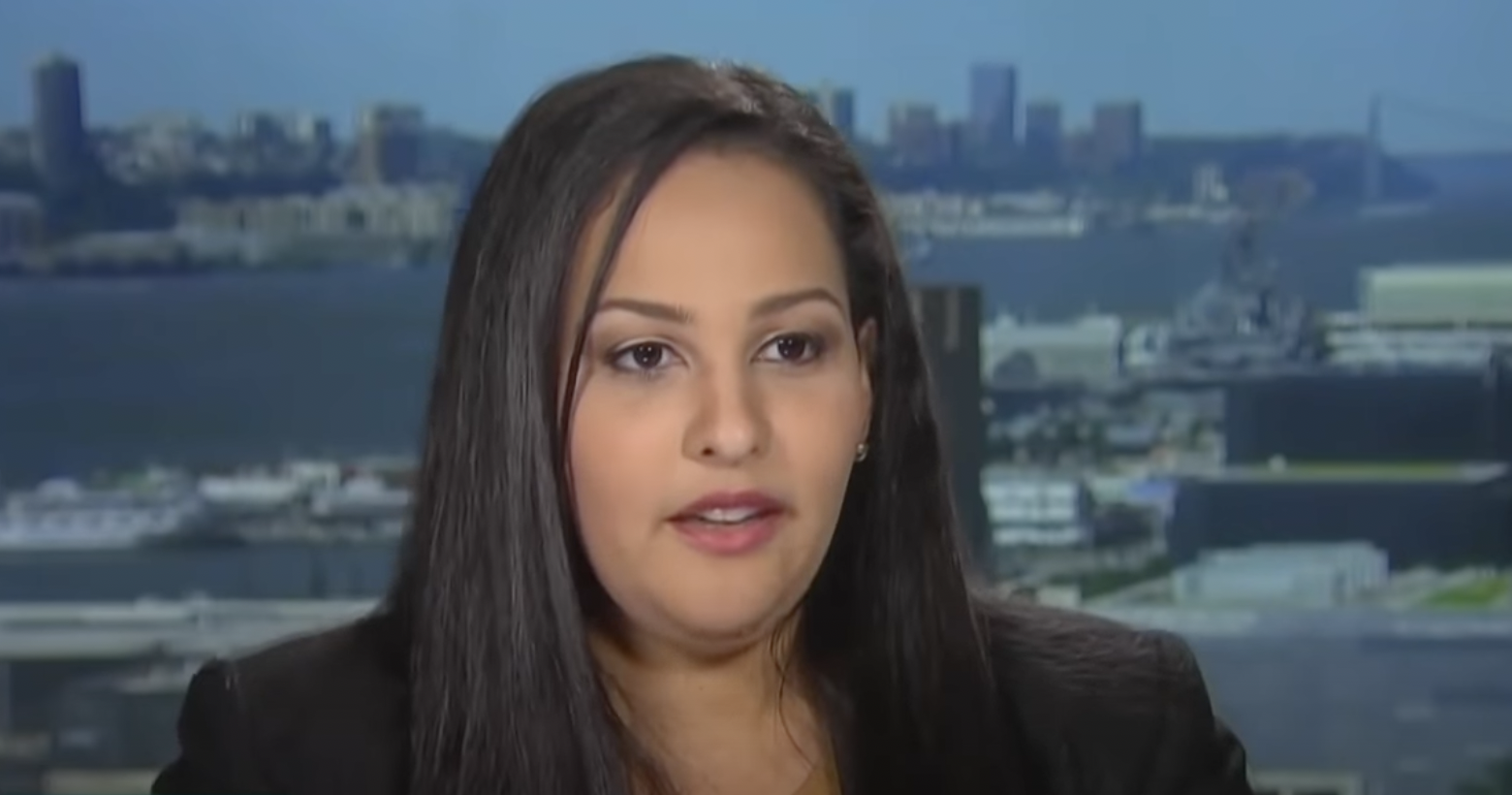Winner of the best screenplay award in Cannes’ Un Certain Regard competition, Palestinian-Israeli writer-director Maha Haj’s serio-comic Mediterranean Fever explores a complicated friendship-enmity — call it a “frenmity” — between two middle-aged neighbors, adeptly played by Amer Hlehel and Ashraf Farah. Concerned mostly with domestic life, mental health, crime and class, this is one of those relatively rare features from either Palestine or Israel that’s not completely marinated in politics, history and religion, only lightly spiced. (Although it was dedicated to the recently slain journalist Shireen Abu Akleh, who was killed by Israeli soldiers earlier this month.)
The detachment in the film itself from the heavier usual themes could cut both ways in commercial terms, but there’s no doubt that this enhances Haj’s reputation as a wry observer of contemporary Middle Eastern mores.
Mediterranean Fever
The Bottom Line
A bittersweet seaside story.
Main protagonist Waleed (Hlehel, from Haj’s previous Personal Affairs as well as Hany Abu-Assad’s The Idol and Paradise Now) is married to a nurse, Ola (Anat Hadid), and father to a couple of grade-school kids always in the background. An aspiring novelist, he recently gave up paid employment to pursue that dream. Even though he’s seeing a psychiatrist for depression, Waleed is resistant to taking medication for it. Indeed, he is quite an ornery, strong-willed character, as illustrated by a scene where he refuses to sign an ethnicity form because it insists he must specify his religion, Christian or Muslim. Just describing himself as Palestinian isn’t an option, much to his distaste.
Like many writers, Waleed spends a great deal of time at home staring at a blank computer screen and letting himself get distracted, by the news on TV, for example, or noise from the neighbors. This leads to a tense introduction to Jalal (Farah), the father of the family that’s just moved in across the hallway.
Jalal annoys Waleed by playing slushy pop ballads at full volume at all hours of the day, knocks on Waleed’s door late at night to borrow things, and has two large frightening dogs. And yet he somehow just brushes off Waleed’s obvious annoyance with him as if he hasn’t even noticed; he maintains a veneer of jovial, laid-back friendliness, seeing similarities between himself and Waleed where the other can only see differences. When he learns that Waleed is a writer, Jalal exclaims cheerfully that he too lives off his wife’s money and invites him to have coffee and homemade honey cake.
However, Jalal is not quite the shiftless layabout he first appears to be. For starters, he’s more refined than he seems, as indicated by the fact that he’s named his dogs after famous classical Arab poets, even though he professes to have no interest in Palestinian identity and politics. It gradually becomes clear that Jalal has connections to the criminal underworld in a low-level way. This intrigues nebbishy Waleed, who asks if he can shadow Jalal on his daily rounds because he’s supposedly writing a crime novel.
The two end up spending many days together, driving around as Jalal shakes down people who owe him money so he can pay back some bigger, scarier gangsters with whom he has debts. Also, Jalal sometimes stops off for a quickie with his younger mistress (Shaden Kanboura), a secret Waleed now feels complicit keeping. But over time, the two men develop a real friendship, strong enough for Waleed to ask Jalal to do him a massive favor that must also remain a secret.
Haj builds the story up with small jenga blocks of humor and well-observed vignettes, so soft and gentle that it’s barely noticeable when the tower starts to teeter with dread as the stakes get higher and the threat of violence more distinct. The last stretch effortlessly segues into a plot twist that’s signaled but sort of shocking nevertheless, all of which comes off without a hitch thanks to the lead actors’ precisely controlled performances and the director’s deft touch. Editor Véronique Lange’s pacing maintains the delicate balance between comedy and darker drama throughout.

















